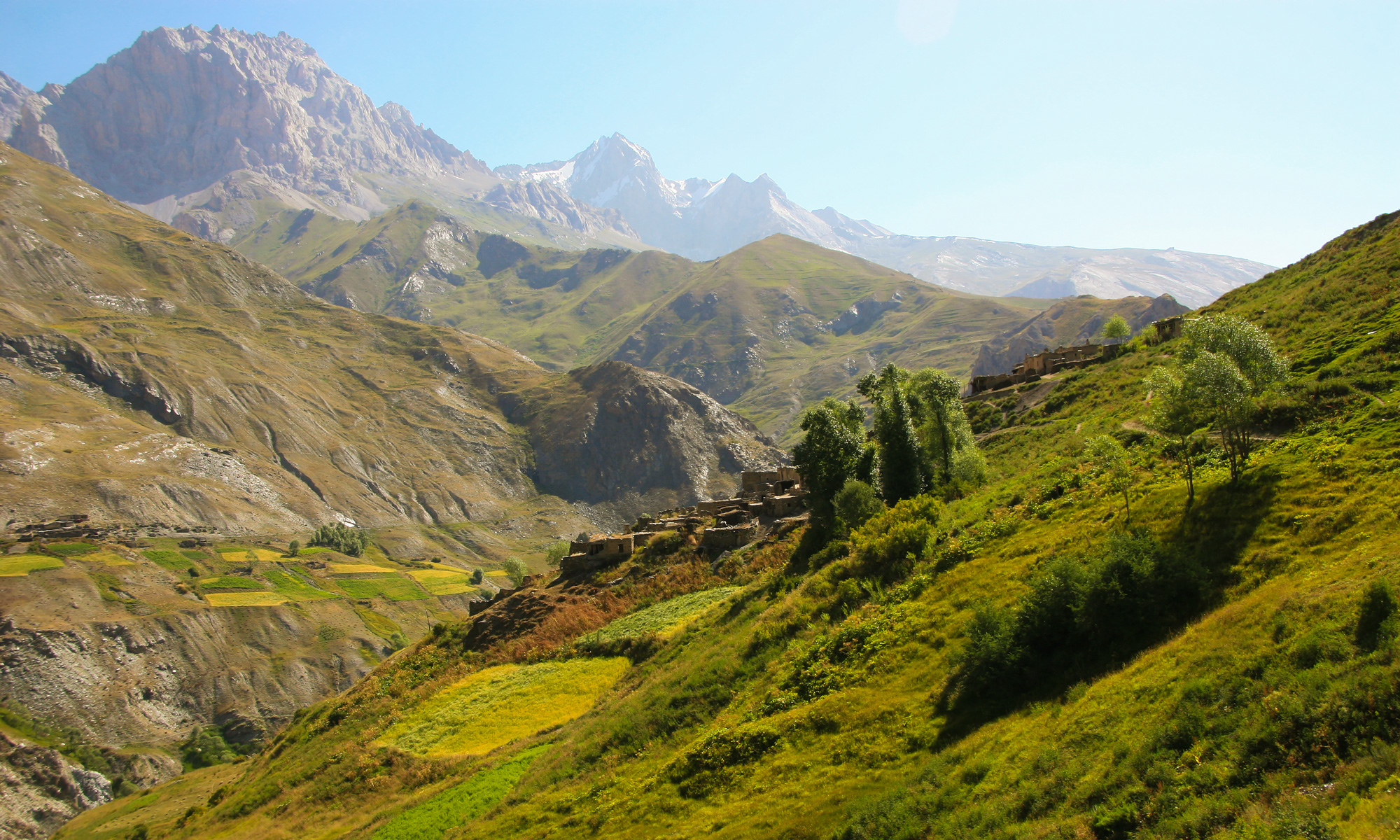“I was born in Zafarabod, lived there more than 10 years. But I consider myself Yagnobi. My citizenship is Tajikistan — but my motherland is Yaghnob.”
— Muzzaffar, age 26
For Muzzaffar, there were two worlds. The flat, dry lands of Zafarobod where he was born, and the snow-lined peaks of a valley he only heard about in bedtime stories. The place his parents never stopped dreaming of.
“My father would describe the wind differently. He said the wind in Yaghnob smells of snow and grass. He would pause while saying it, like it was sacred.”
In 2008, at just 26 years old, Muzzaffar packed up and moved to Yaghnob — not to visit, but to stay.
“People thought I was crazy. They asked me, what will you do there? There’s no work, no clinic, no internet. I said: I’ll build something. I’ll learn.”
Now, he runs a small guesthouse in one of the villages. In the summer, he rents donkeys to trekkers. In the winter, he patches walls with whatever he can find.
“It’s not easy. But here, I know who I am.”
Muzzaffar isn’t chasing the past. He’s part of a quiet wave of younger Yaghnobis shaping a different kind of return — one that blends survival with purpose, heritage with hustle.
“I want my children to speak Yaghnobi. Not as a museum piece — but in jokes, in lullabies, in everyday life.”
His story isn’t nostalgic — it’s visionary. A glimpse of what the future of Yaghnob might look like, if given even the smallest chance to breathe.
